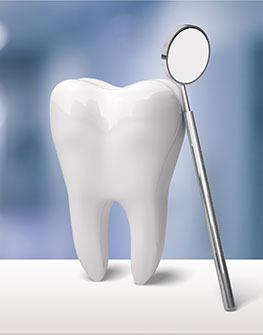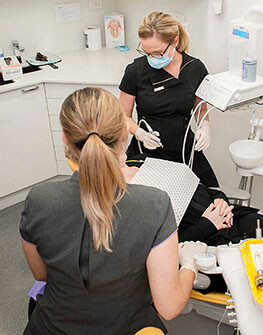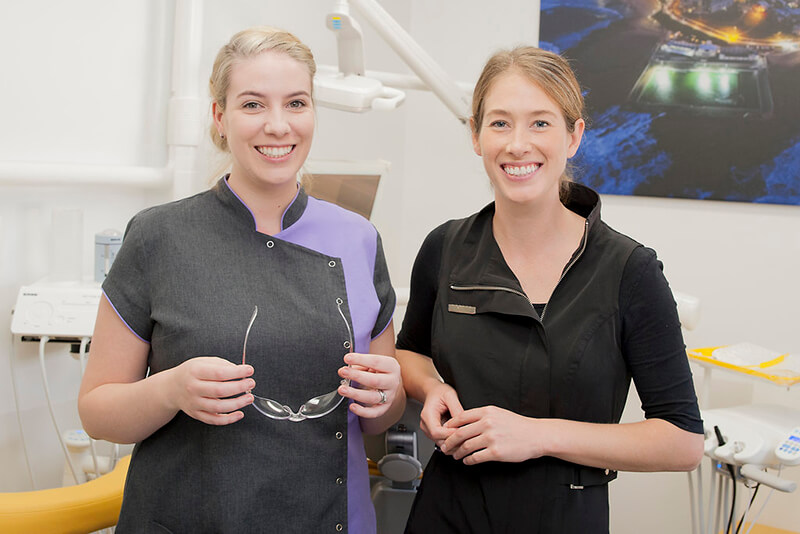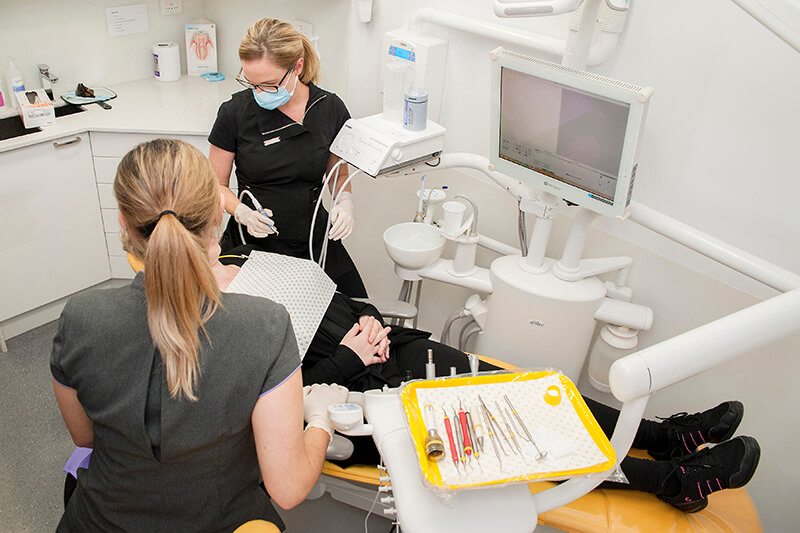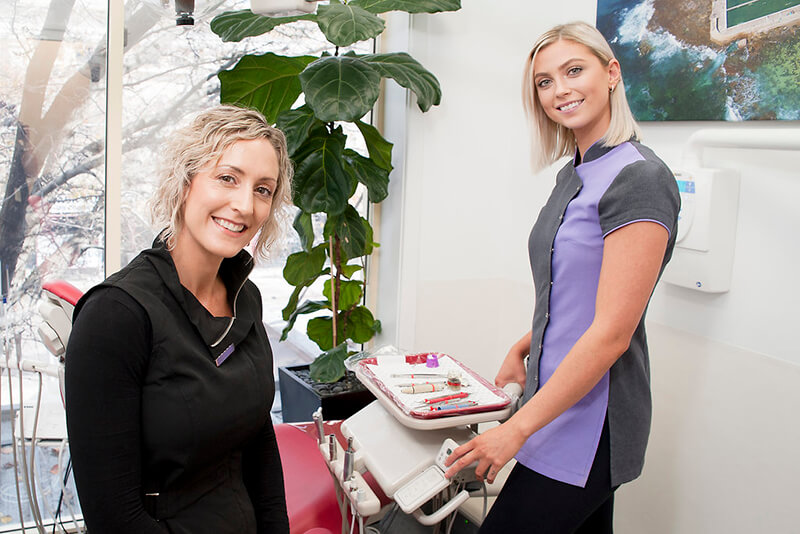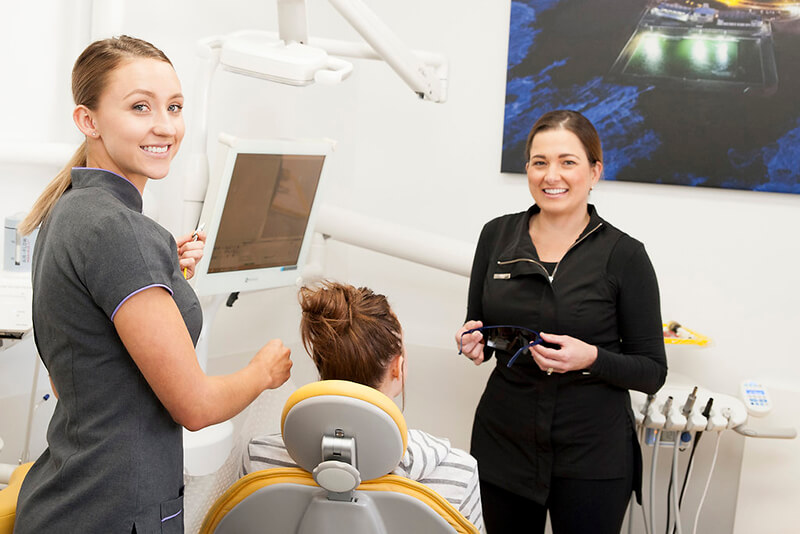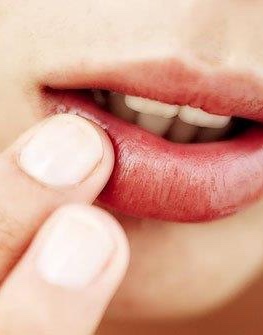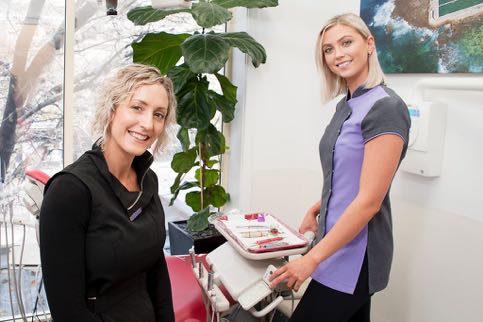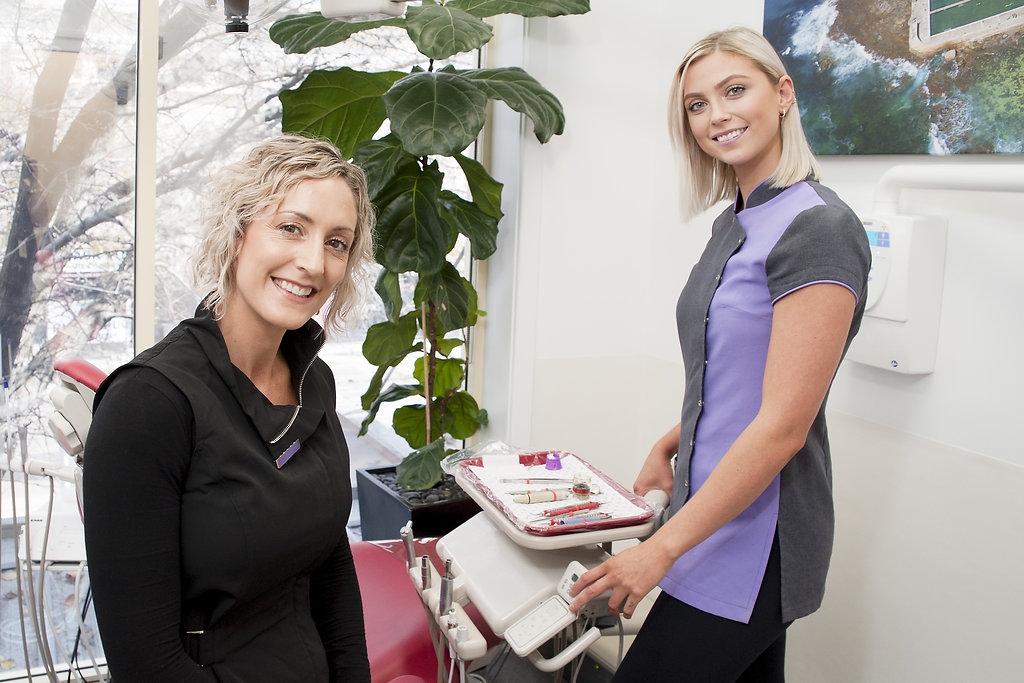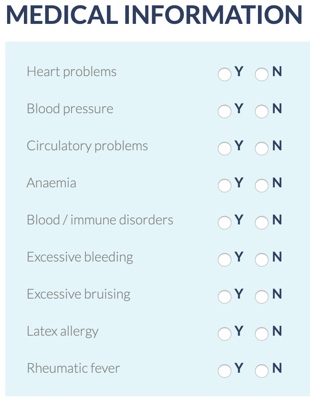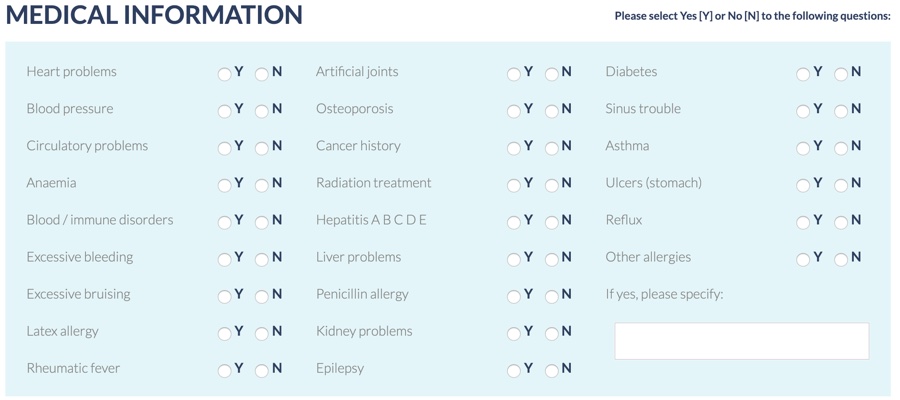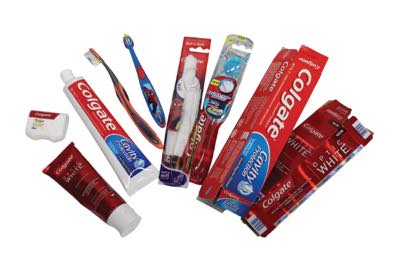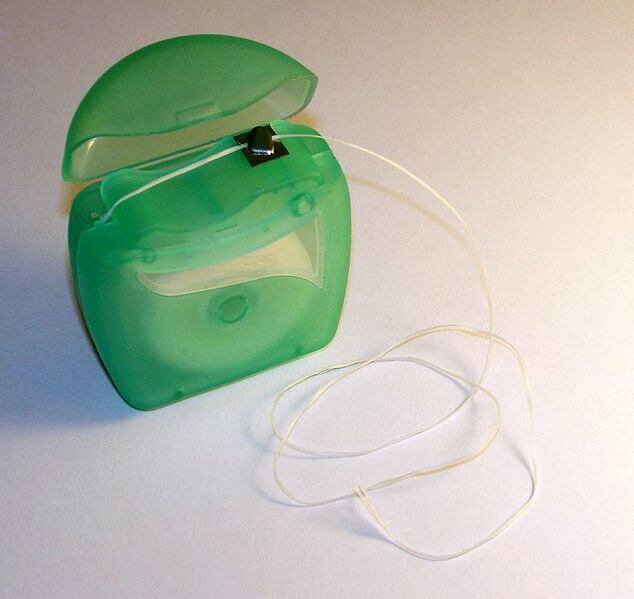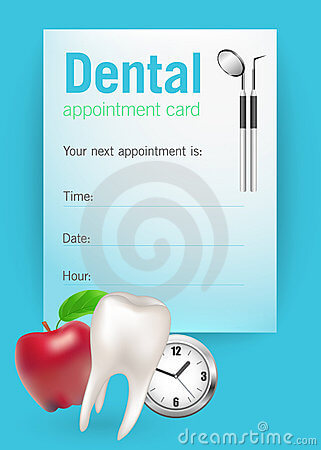Different types of bacteria are present in our mouths, both good and bad. When we eat or drink, this bacteria reacts with the plaque in our mouths to produce acids. These acids remove minerals from the outer enamel layer of our teeth and weaken the surface, in a process is called demineralisation.
If these acids are left to break down the enamel surface, they will progress through the tooth’s structure to cause decay and holes.
Our teeth can handle 5 acid attacks a day
- Breakfast
- Morning Tea
- Lunch
- Afternoon Tea
- Dinner
More than 5 acids attacks per day, and constant grazing can be very harmful for the teeth, causing tooth decay and excessive wear/sensitivity. In Australia, studies have shown that one of the main causes of tooth decay in children is from grazing throughout the day. This process happens even when eating healthy foods. So always bear in mind, there is still some form of fermentable carbohydrates in healthier food choices which then turn into destructive acid. It’s very important to develop healthy habits and healthy oral microflora to combat these acids.
Even though children lose their baby teeth, it is important to keep them as healthy as possible, as they help to guide the adult teeth into the correct place.
There are easy steps and lifestyle choices that can be followed, to lower the risk of tooth decay.
- Rinse with water after eating and drinking
- Brush twice a day with a fluoride toothpaste, spit no rinse
- Use dental floss or Piksters once a day (as directed by a hygienist)
- When snacking, eat foods low in sugar and starch
- Attend hygiene appointments as recommended
- Choose water over sugary/acidic drinks
